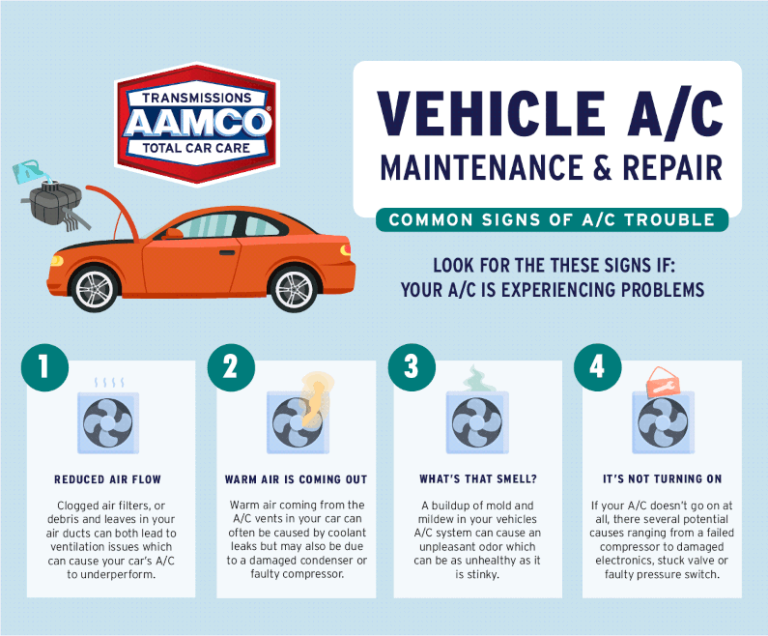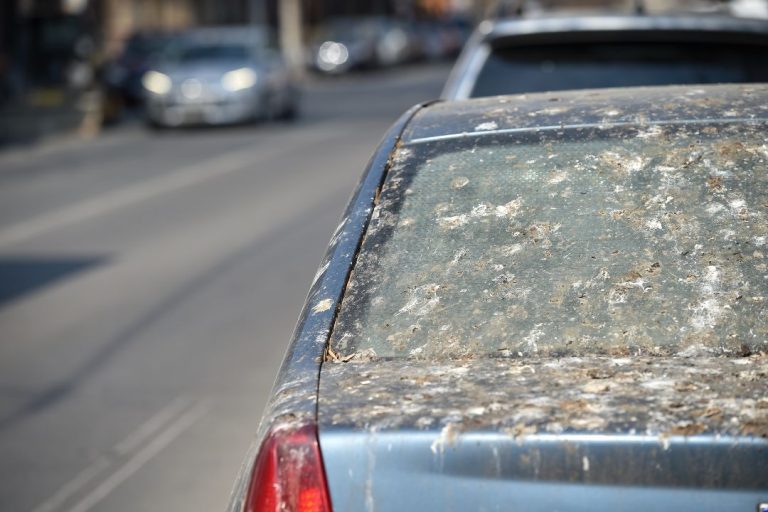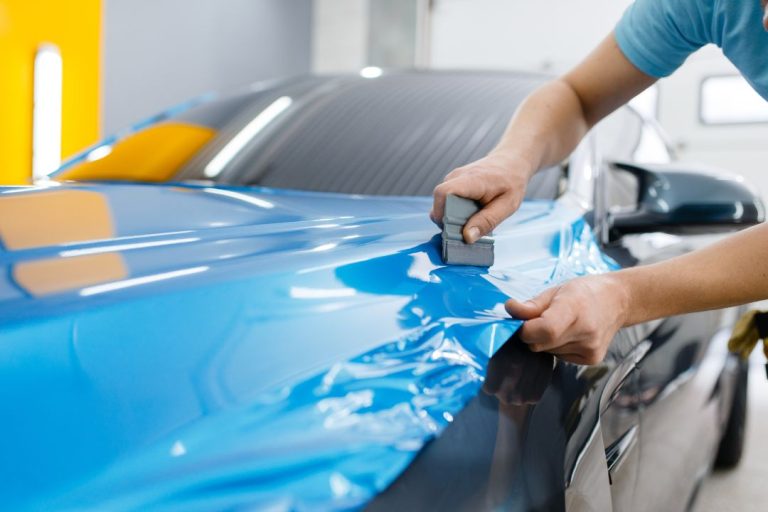What Causes Piston Ring Failure: Unveiling the Culprits
Piston ring failure is mainly caused by contamination, such as dirt particles and poor oil quality. Contaminated fuel accelerates wear, potentially due to improper cleaning or air intake leaks.
This type of damage often results in increased rates of wear than usual. Piston rings play a vital role in the proper functioning of an engine, sealing the combustion chamber and allowing for efficient power generation. However, various factors can lead to the deterioration of piston rings, ultimately resulting in failure.
Understanding these causes helps in preventing such issues, which can hinder engine performance and longevity. Lack of lubrication, overheating, wear and tear, poor installation, dirt and debris, and improper maintenance are the primary culprits behind piston ring failure. By addressing these factors proactively, it is possible to avoid costly repairs and downtime associated with piston ring failures.
Understanding Piston Ring Failure
Piston Ring Function
Piston rings create a tight seal between the piston and the cylinder wall in an engine.
Bad Piston Ring Symptoms
Engine misfires and rough idling may indicate bad piston rings.
Causes Of Bad Piston Rings
Detonation can lead to bad piston rings. Uncontrolled combustion can exert excessive pressure on the rings, causing damage.
Causes Of Detonation
Steel shot in the piston ring can be detrimental. Foreign particles can hinder proper ring function.
Excessive Cylinder Temperatures
High temperatures put stress on the rings, affecting their integrity and performance.
Excessive Ring Rotation
Excessive ring movement can accelerate wear and tear, impacting the sealing ability.
Abrasive Wear
Abrasive particles in the engine can erode the rings, leading to failure over time.
Groove Depth Issues
Incorrect groove depth can disrupt ring function, causing inefficiencies in the engine.
Analysis Of Piston Ring Failure
What Is A Ringland?
A ringland is a small recessed groove machined into the piston of an internal combustion engine. It provides a space for the piston rings to seat and seal against cylinder walls, allowing for efficient combustion and compression within the engine.
What Is Ringland Failure?
Ringland failure occurs when there is damage or fracture to the ringland area on the piston. This can be caused by detonation, lean running conditions, pre-ignition, over-boosting, or excessive heat and pressure within the engine.
Survival Of Forged Pistons In Detonation Issues
Forged pistons have higher tensile strength and can withstand detonation better than cast pistons. They are less likely to experience ringland failure when exposed to detonation conditions due to their superior durability and resistance to heat and pressure.
Understanding Detonation
Detonation, also known as engine knocking, is the spontaneous combustion of fuel and air mixture in the combustion chamber. It creates high pressure waves that can cause damage to the piston, leading to ringland failure and other engine problems.
Impact Of Lean Running Conditions
Lean running conditions occur when the air-fuel mixture in the combustion chamber is too lean (too much air, not enough fuel). This can cause higher combustion temperatures, leading to increased stress on the piston and potential ringland failure.
Pre-ignition And Over-boosting
Pre-ignition happens when the air-fuel mixture ignites before the spark plug fires, causing the piston to experience increased pressure and heat. Over-boosting, on the other hand, involves excessive pressure from the turbocharger, leading to stress on the piston and potential ringland failure.
Prevention Of Ringland Failures
To prevent ringland failures, it’s essential to use high-quality fuel and maintain proper air-fuel ratios. Regular inspections of the engine, including monitoring for detonation, lean running conditions, and pre-ignition, can help identify and address potential issues before they lead to ringland failure.

Credit: www.shopownermag.com
Contamination And Ring Damage
Contamination, including dirt particles and poor oil quality, can lead to piston ring wear at a faster rate. This may occur due to inadequate cleaning before installation or air intake system leaks. Additionally, fuel flooding can also damage piston rings, making it the second most common cause of piston ring damage.
Effect Of Contaminated Fuel
Contaminated fuel is one of the major culprits behind piston ring failure. When dirt particles and poor-quality oil mix with the fuel, it can cause the rings to wear at a faster rate than usual. This can happen if the rings were not properly cleaned before installation or if there is a leak in the air intake system. The presence of dirt particles in the fuel creates friction between the rings and the cylinder wall, leading to increased wear and tear. Additionally, poor oil quality can result in sludge buildup, which further contributes to ring damage.Fuel Flooding
Fuel flooding is another common cause of piston ring failure. When the engine is flooded with fuel, it can cause the rings to become damaged. This can happen due to various reasons such as a faulty fuel injector or excessive fuel pressure. When fuel floods the combustion chamber, it washes away the oil film that helps lubricate the rings, resulting in increased friction and wear. Over time, this can cause the rings to lose their ability to effectively seal the combustion chamber, leading to compression loss and decreased engine performance.Sealing Problems And Ring Damage
Sealing problems in the piston rings can also contribute to their failure. If the rings do not create a tight seal between the piston and the cylinder wall, it can result in gas leakage and decreased compression. This can happen due to factors such as improper ring installation, worn-out ring surfaces, or damaged piston grooves. When the rings fail to seal properly, it allows combustion gases to escape into the crankcase, leading to higher oil consumption and decreased engine efficiency. Moreover, the excessive movement of the rings within the piston grooves can cause them to become misaligned or even break, further exacerbating the sealing problems and causing irreparable damage to the rings. In conclusion, contamination and ring damage play a significant role in piston ring failure. Contaminated fuel, fuel flooding, and sealing problems can all contribute to increased wear and tear on the rings, leading to decreased engine performance and potential engine damage. Regular maintenance and addressing any issues related to fuel quality and sealing problems can help prevent piston ring failure and prolong the life of the engine.Symptoms And Prevention
Piston ring failure stems from contamination by dirt particles and low-quality fuel, leading to accelerated wear. Symptoms may include engine misfires, excessive smoke, increased oil consumption, and engine overheating. Regular maintenance and ensuring clean installation can prevent such issues and extend the lifespan of piston rings.
Symptoms Of Bad Piston Rings
One of the primary symptoms of bad piston rings is engine misfires and rough idling. When the piston rings are worn or damaged, they may not be able to maintain proper compression, leading to a loss of power and smoothness in the engine’s operation. Another sign to watch out for is discolored smoke coming from the exhaust. If you notice blue or gray smoke, it could indicate that oil is leaking past the piston rings and being burned along with the fuel. Poor acceleration is another common symptom of piston ring failure. When the rings are worn out, they cannot effectively seal off the combustion chamber, resulting in reduced engine power and sluggish acceleration. Additionally, increased oil consumption can be a sign of bad piston rings. The rings’ primary function is to prevent oil from entering the combustion chamber, but when they are damaged, oil may leak into the combustion chamber and be burnt, causing higher oil consumption. Lastly, an overheating engine can also be attributed to bad piston rings. When the rings fail to properly seal off the combustion chamber, heat can escape, leading to increased engine temperature and potentially overheating.Wear And Tear Of Piston Rings
Piston rings are constantly exposed to friction and high temperatures during engine operation. This wear and heat can gradually erode the surface of the rings, causing them to become worn out over time. The friction between the rings and the cylinder walls, as well as the heat generated by the combustion process, contribute to the wear and tear of the rings. Additionally, factors such as poor lubrication, contaminated fuel, and dirt particles can accelerate the wear process. Regular maintenance and proper engine care are essential to minimize the wear and tear of piston rings.Preventive Measures For Piston Ring Failures
To prevent piston ring failures, it is crucial to follow these preventive measures. Firstly, ensure regular engine maintenance and oil changes as per the manufacturer’s recommendations. Clean and high-quality oil helps to reduce friction and wear on the piston rings. Secondly, use fuel filters to prevent contaminants from entering the engine and causing damage to the rings. Regularly inspect and clean the air intake system to prevent the ingestion of dirt particles. Additionally, avoid over-revving the engine and excessive heat buildup, as these can contribute to the accelerated wear of the rings. Lastly, if you notice any signs of piston ring failure, such as rough idling or increased oil consumption, address the issue promptly by bringing the vehicle to a qualified mechanic for inspection and repair.
Credit: www.scribd.com

Credit: www.scribd.com
Frequently Asked Questions Of What Causes Piston Ring Failure
What Causes A Piston Ring To Go Bad?
Contaminated fuel and dirt particles can cause piston rings to wear out faster than normal. Poor oil quality and insufficient cleaning during installation can also lead to ring damage.
What Destroys Piston Rings?
Fuel flooding and contamination from dirt particles and poor oil quality can wear piston rings at a higher rate. Sealing problems and leaks in the air intake system can also lead to piston ring damage. Organic_result What Causes Piston Rings to Fail: Top Six Reasons Heavy Duty Pros
What Are Symptoms Of Bad Piston Rings?
Symptoms of bad piston rings include engine misfires and rough idling, discolored smoke from the exhaust, poor acceleration, increased oil consumption, and an overheating engine. Contamination from dirt particles and poor oil quality can contribute to piston ring wear. Proper cleaning before installation and addressing air intake system leaks can help prevent these issues.
How Do Piston Rings Get Worn Out?
Piston rings get worn out due to constant friction and high temperatures during engine operation. Over time, this wear and heat erode the rings’ surfaces, causing them to lose their sealing ability. Contamination from dirt particles and poor oil quality can also accelerate ring wear.
Conclusion
Piston ring failure is a major issue that can lead to a myriad of problems. Understanding the various causes, such as contamination and fuel flooding, is essential in preventing such failures. By being proactive in maintaining proper lubrication, reducing overheating, and ensuring correct installation, you can significantly minimize the risk of piston ring failure in your engine.







